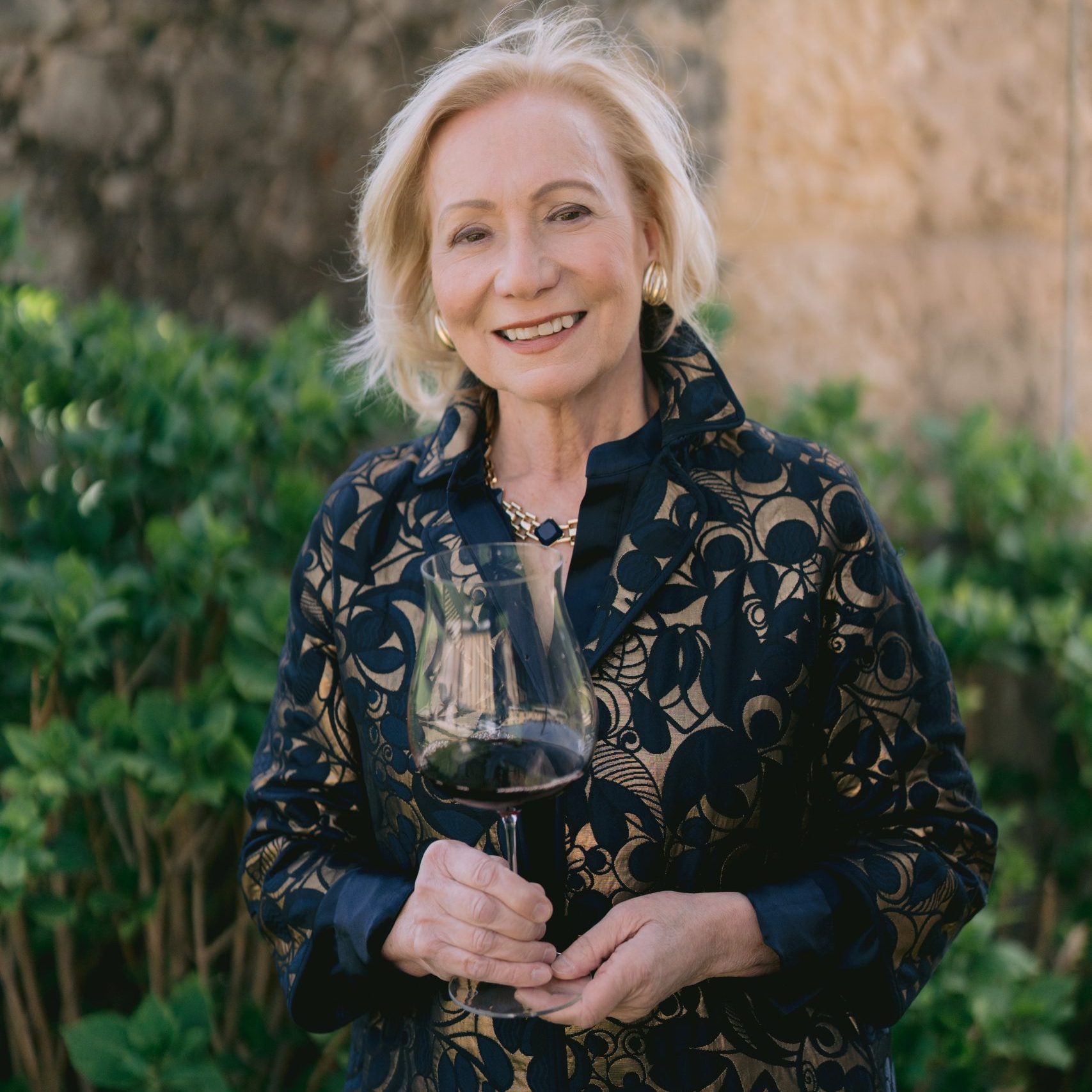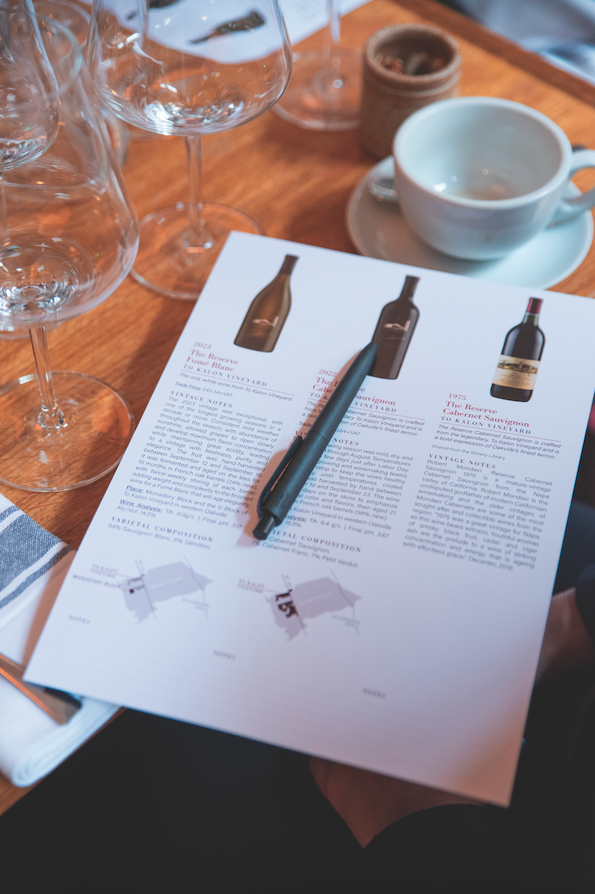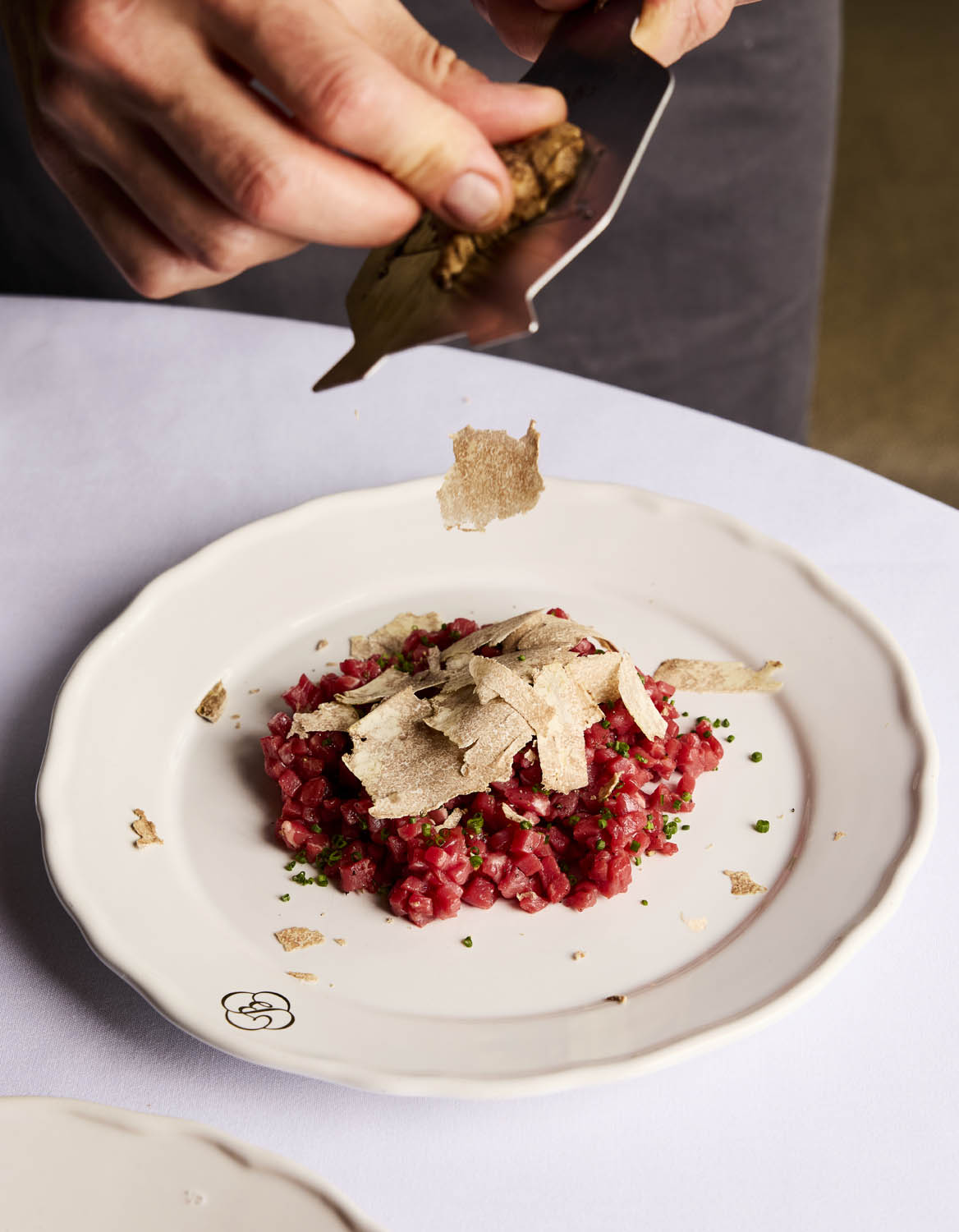Ernst Loosen to bring his ‘über historical’ Mosel to La Place
The fine wine market may currently be in a difficult place but that has not stemmed the flow of exciting new international releases on La Place de Bordeaux. The latest come from Ernst Loosen, a champion of the historic ‘Grosse Lage’ (grand cru)’ sites of the Mosel.
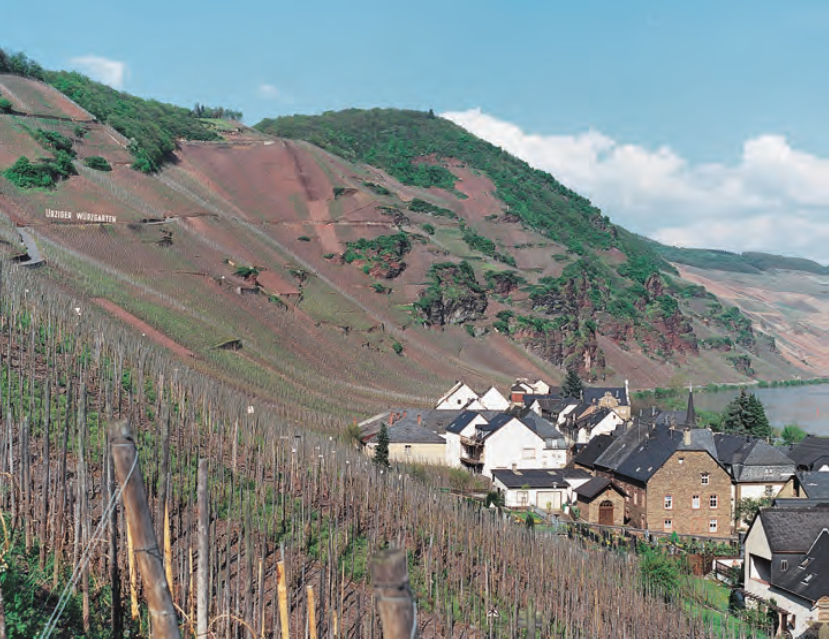
The Mosel-based wine producer is releasing his Weingut Dr. Loosen, Zach. Bergweiler-Prüm Erben, a limited-production wine that will be offered exclusively through La Place de Bordeaux. The negociants are Barrière Frères, Compagnie Médociane des Grands Crus, Crus et Domaines de France, CVBG, Ulysse Cazabonne and Twins represented by Bureau des Grands Vins.
The cuvee is Loosen’s latest exploration of the historical winemaking traditions of the region and this singular winemaking project pays tribute to Zacharias Bergweiler-Prüm, Ernst’s maternal great-grandfather, a major Mosel wine producer at the turn of the 20th century. Born in 1861, Zach. Bergweiler built a substantial wine estate in the village of Wehlen, which became even more important after he married into the other highly successful wine family of the village: the Prüm family.
At the time, German wines were among the most highly regarded and expensive wines in the world and the era has long since fascinated Loosen. Since the 1990s, he has experimented with wines made according to the traditional wine-making practices of the region, before the major changes brought about by the 1971 German wine law, and since 2012, he has produced a range of “Tradition” Prädikat wines, loyal to those historical standards.
With the Zach. Bergweiler-Prüm Erben project, he is taking this historical approach to its extreme, starting in the vineyard itself and bringing the same respect for tradition into the cellar.
Partner Content
“I wanted to gain experience with very low-intervention viticulture and winemaking, in the way my great-grandfather did,” Loosen said. “He lived when German Rieslings enjoyed their greatest reputation around the world, so it makes sense to me that we should try again to produce wines the way they were back then.”
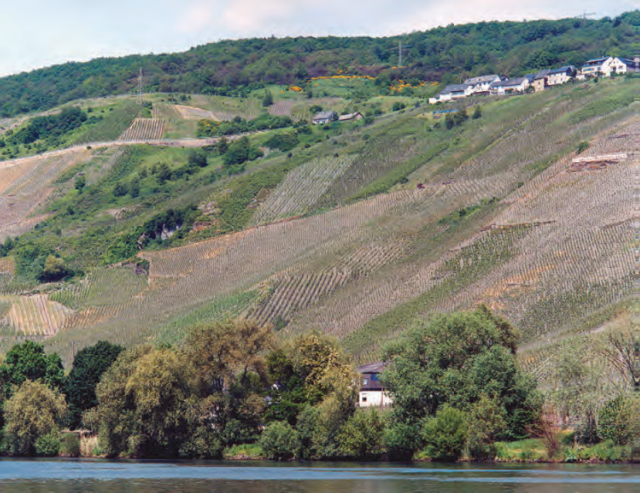
There are three wines in the collection, each sourced from a separate parcel of 130-year-old vines on original rootstock in the famed Wehlener Sonnenuhr, one of the most iconic Grosse Lage (grand cru) vineyards of the Mosel region.
The vines are trained and maintained as they would have been 130 years ago, with hand cultivation and the use of only organic soil nutrients and with natural materials used for such things as the tying of the shoots and the transportation of materials to and from the vineyard. The grapes are intentionally grown and selectively hand-harvested to produce the three wines: a dry Riesling Grosses Gewächs (GG); an off-dry Riesling Kabinett; and a partially botrytis-affected Auslese.
Related news
Castel Group leadership coup escalates
For the twelfth day of Christmas...
Zuccardi Valle de Uco: textured, unique and revolutionary wines


